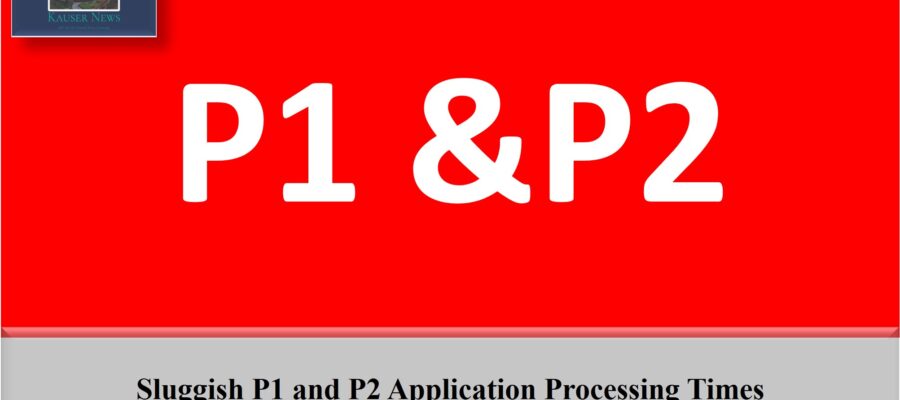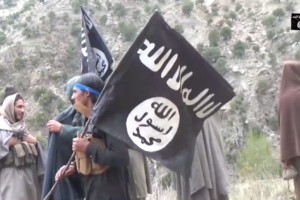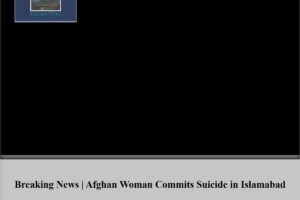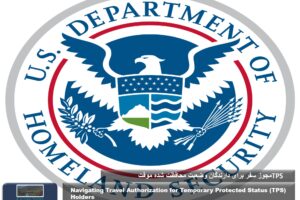The U.S. government’s processing of P1 and P2 applications for Afghans has been slow, with wait times of up to two years or more. This is despite the fact that the average worldwide processing time for U.S. refugee admissions is 2-10 years.
According to SIGAR’s calculations, at the current rate, “it will take more than six years to process those 45,000 applications. But because the 45,000 figure is seven months old, and more referrals have been made in the interim, that figure may be an underestimate.”
The state has repeatedly instructed P1 and P2 applicants to move to a third country with no financial support from the U.S. government before their lengthy processing can even begin. Few Afghans have the resources to do so, even if they are confident of their applications’ merits.
According to SIGAR Report “in November 2022, State announced on its website that it was “contacting applicants as part of ongoing U.S. government efforts to potentially relocate vulnerable Afghans to a processing location.”
“Only those Afghans who have not left the country appear eligible for relocation; a reversal of the State’s earlier guidance. The state has not released any information about how these individuals are being identified or how many have been moved to unofficial third-country processing sites, referred to by State as “lily pads.”
In contrast to SIV applicants, there is little public information about the Afghan P1 and P2 programs. Congress mandated public quarterly reporting about the SIV program in 2009. These reports contain information about processing times, denial rates, how many visas were issued to SIVs and their family members, and what measures have been taken to increase processing efficiency. No such public reporting specific to Afghan P1/2 processing is mandated, leaving Afghans considering traveling to a third country to seek processing without critical information upon which to make an informed decision.
The slow processing of P1 and P2 applications is a major problem for Afghans who are seeking to escape the Taliban’s rule. It is also a major problem for the U.S. government, which has a moral obligation to help those who helped the United States during the war in Afghanistan.
The U.S. government needs to do more to expedite the processing of P1 and P2 applications. It also needs to provide more public information about the programs so that Afghans can make informed decisions about their future.





